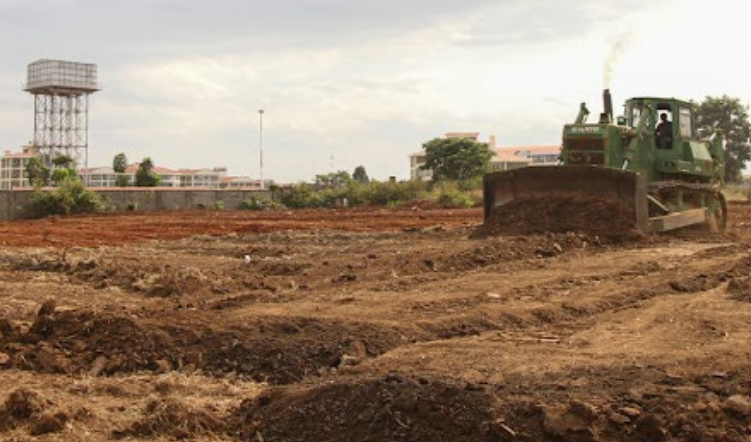Posted inLand Commission
Why President Ruto kicked off the selection process for the third cohort of Commissoners to the Land Commission while the second is still in office
Through a notice in the 15th August edition of the Kenya Gazette, President William Samoei Ruto kicked off the process to appoint the third cohort of commissioners to the National Land…














